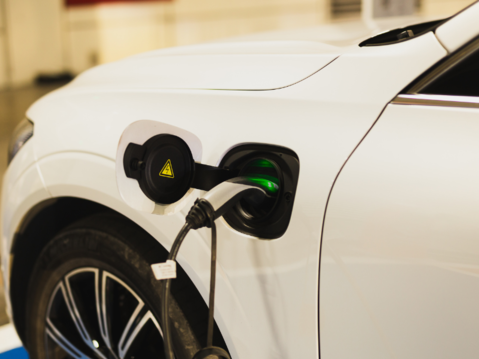An Introduction to Electric Vehicles
Everything you need to know about EV cars
With a ban on the sale of new petrol and diesel cars coming into effect in 2030, and an increase in the choice of battery-powered vehicles on the market, it’s no surprise that demand for electric vehicles has gone up in recent years. It’s something we’ve definitely noticed here at West Motors, but we also recognise that buying an electric car for the first time can be a daunting move, and it holds many back from making the switch. There are cost-saving and environmental benefits of owning one of the many EV options available, so once you’re clued up on battery-powered motoring, you can look forward to shopping around to find the perfect car for you.
So what do you need to know if you’re new to electric vehicles?
Are electric cars cheaper to run?
With electricity being cheaper than fossil fuels, you’re likely to make savings over the course of owning any type of electric vehicle, though the cost benefits will vary depending on the particular model you go for.
With fewer moving parts under the bonnet, you’ll also find that the frequency of repairs is reduced compared to petrol or diesel cars, and if you often drive in the Ultra Low Emission Zone, an electric vehicle will save you those ULEZ charges.
Are there different types of electric vehicles?
There are, and you’ll get to recognise the same few phrases used around EV models. Some of the most common include…
Hybrid Electric Vehicles (HEVs)
With a battery that recharges using petrol or diesel as a primary source of fuel in the combustion engine, hybrids don’t need to be plugged in. This means you don’t need to worry about running out of charge on a long journey, and the fuel you do put in goes further with the help of the battery.
Plug-in Hybrid Electric Vehicles (PHEVs)
Travelling longer distances on electricity compared to their hybrid counterparts thanks to a larger battery, a plug-in hybrid is a good option for managing emissions. On shorter journeys that require less power, electricity can take over, with the option of fuel there when you need it.
Battery Electric Vehicles (BEVs)
With no combustion engine to fall back on, BEVs run on electricity only, recharging via grid electricity, either at home or at various charging locations around the UK. Electric cars produce zero emissions too, dramatically lowering your carbon footprint.
How do you charge a plug-in electric car?
For those with off-street parking, installing a charging point at home can make owning an electric car a whole lot more convenient, ensuring you’re always charged up and ready to go.
The cost of installing a home charger can be upwards of £800, so the alternative is to use a growing network of public charging points; it’s always worth researching the various payment methods and charging speeds used at each one before you head there. The key to plug-in vehicles is to plan ahead!
Are you ready to go EV shopping?
If you’re looking for a used electric vehicle in London, we can help at West Motors; our knowledgeable team are on hand to help you buy your first electric car. Our large selection of makes and models includes electric and hybrid vehicles, from the electric front-running Nissan LEAF, to the spacious Lexus NX hybrid. Browse the full range here.



